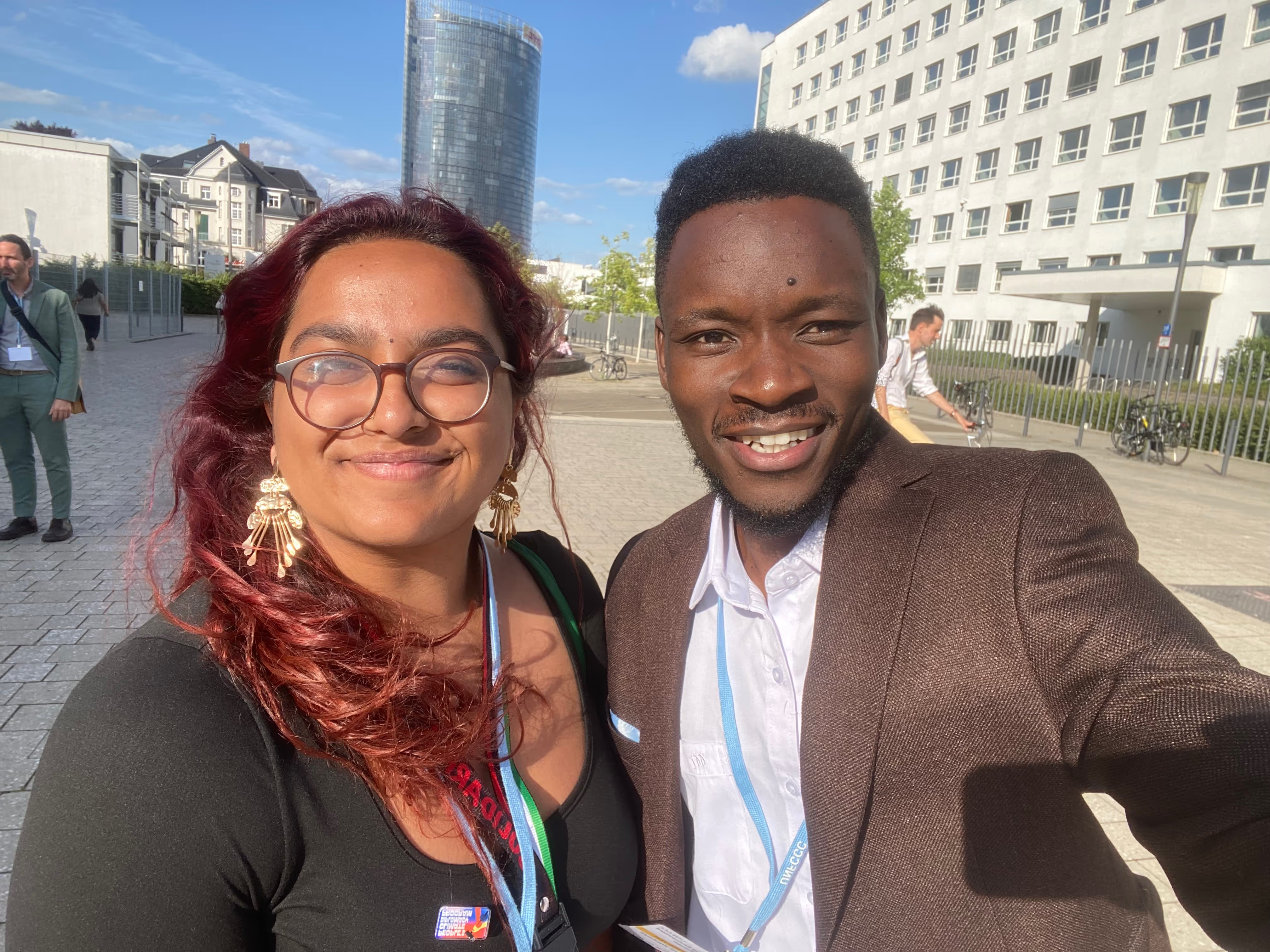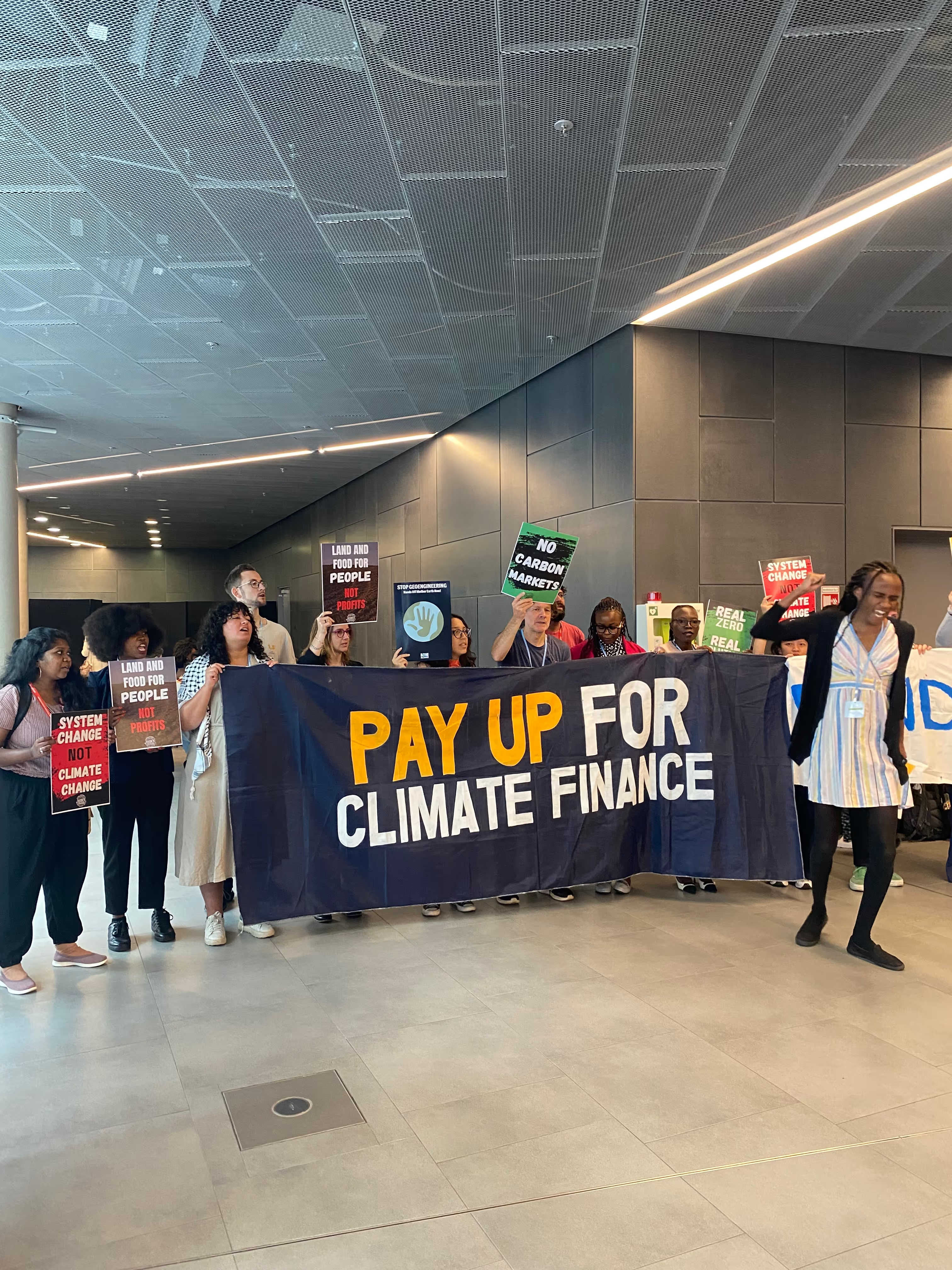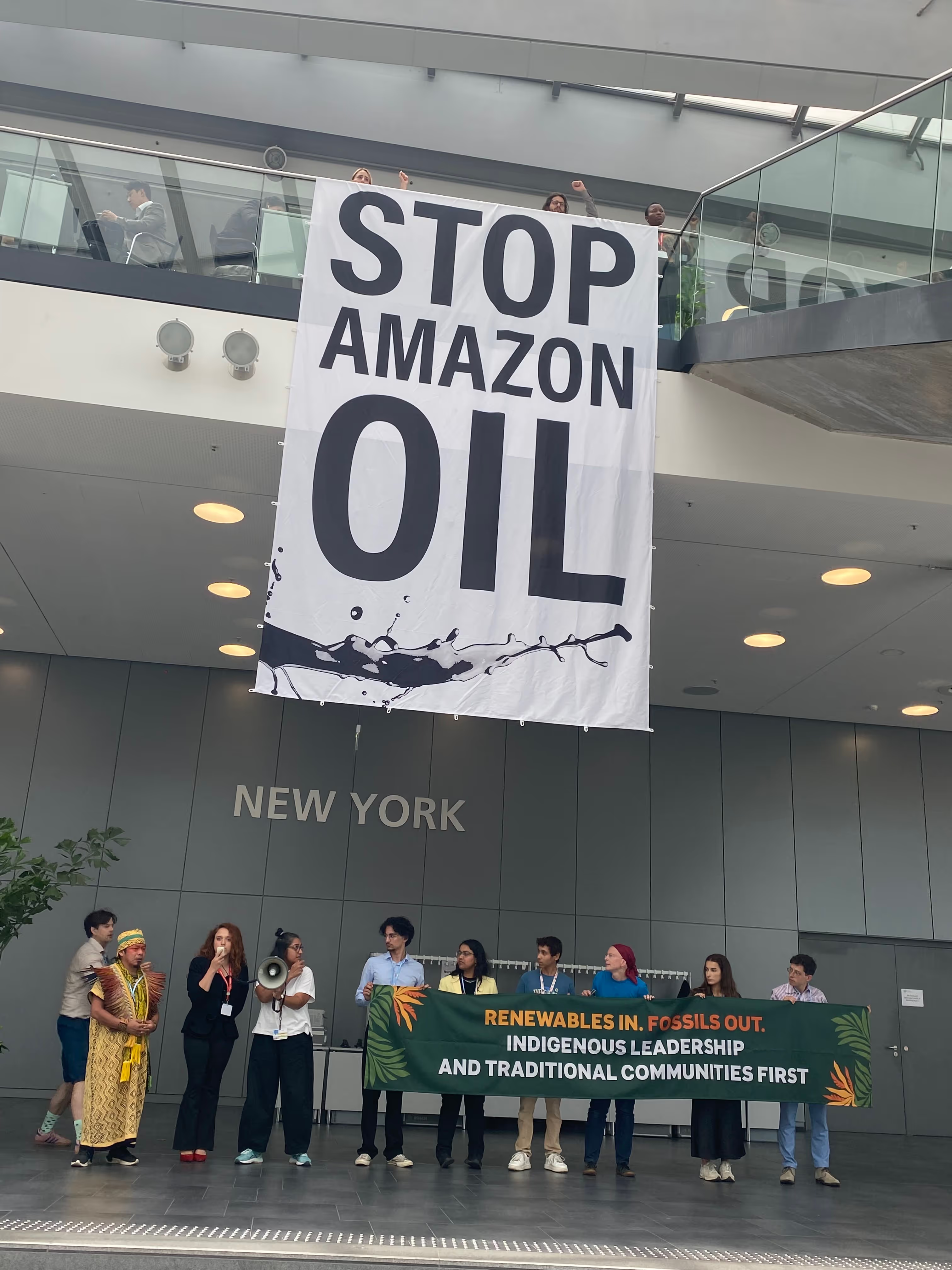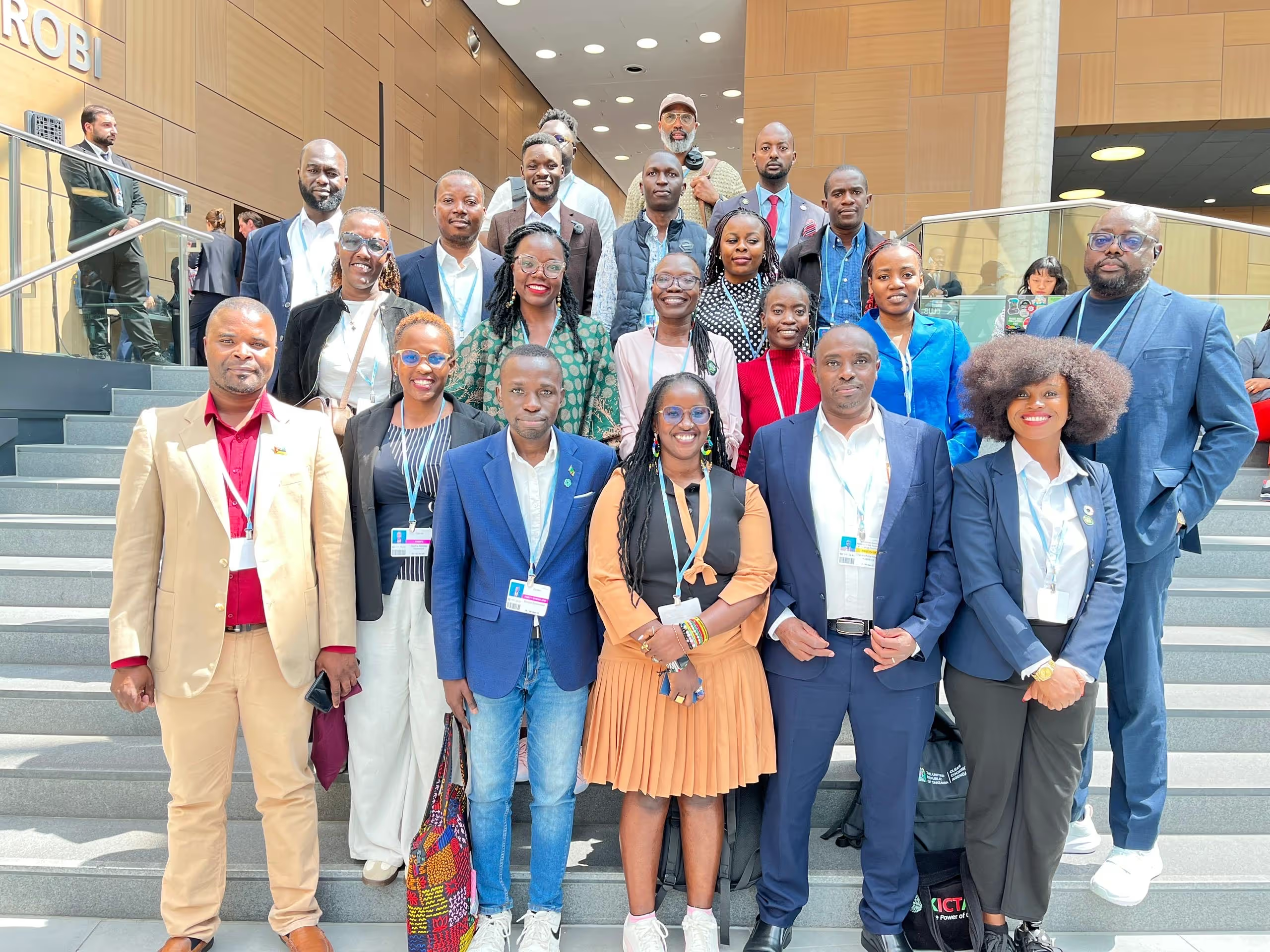As I return from the 62nd session of the Subsidiary Bodies (SB62) under the United Nation Framework Convention on Climate Change (UNFCCC) held in Bonn, Germany, I carry more than notes and outcomes, I carry a renewed sense of urgency and responsibility. Not only as an African delegate witnessing once again the slow grind of climate negotiations, but also as the Head of RE!Granting at Re-Earth Initiative (REI), tasked with supporting climate action where it matters most; on the ground.

SB62 was never meant to be a flashy, headline-grabbing event. Instead, it serves as the technical engine room where climate negotiators hash out the fine print that will inform political decisions at the 30th Conference of the Parties (COP30) to UNFCCC in Brazil. SB62, even in its procedural form, exposed substantial fractures that could undermine the legitimacy of global climate action, particularly for the most vulnerable areas of the world.
As the sessions unfolded, it became glaringly apparent that however fast the climate crisis is advancing, the pace of negotiations was undeniably old-fashioned. Climate finance remains the most divisive and least delivered pillar of climate negotiations, particularly, in addressing adaptation, losses and damages. The negotiations surrounding the New Collective Quantified Goal (NCQG), which was meant to replace the unfulfilled target of $100 billion annually, came with a fair amount of uncertainty and appeared to meet resistance, especially from developed countries, who were hesitant to take on strong financial commitments. Meanwhile, African countries and small island states pleaded, once again, for a fair deal that reflects the scale of what they’re facing.
As someone responsible for managing and distributing grants to climate justice initiatives worldwide, these realities are not abstract to me. At Re-Earth Initiative, we know that access to funding can mean the difference between a community planting 10,000 trees or none; between young people leading a just transition in their village, or watching their future dry up, literally and politically.

It's disheartening to hear that the money is coming year after year, when grassroots projects are either frozen or collapsing due to funding gaps. The RE!Granting program that I direct seeks to remedy this gap by providing resources directly to youth-led, local, and frontline projects; but we also know we can't scale these efforts without real movement in the halls of global power, like I just walked through in Bonn.
One takeaway from SB62 is that equity is still not the default in climate deliberation, and that youth-led organizations, such as REI, have to density pressure sustainability, equity, and inclusivity, not just at the representation level, but shares equitable treatment in funding, holding agencies accountable, and decision-making. The decisions that are undertaken in places like Bonn often feel far removed from the urgency I read every day in the reports of our grantees, whether it's in flooded Nigeria, droughted Kenya, or coastal Bangladesh.

Another important lesson for the Re-Earth Initiative was the importance of timing funding in relation to political moments; specifically with COP30 this year, the global community must turn the resolutions of SB62 into people-focused bold choices. At Re-Earth Initiative, we are revisiting our 2024-2025 grantmaking strategy with this in mind, ensuring that the work we support contributes not only to local resilience but to shaping global narratives of justice and ambition.
Ultimately, SB62 showed what we have always believed at the Re-Earth Initiative, that climate justice is not an outcome of a conference, it is a daily commitment. The world leaders speak to goals for financing and create negotiation texts while young people around the world generate solutions. They just need the resources and recognition to keep going.
As I reflect on my time in Bonn, I’m reminded that our role as funders isn’t only to distribute money, it’s to amplify voices, confront systems and ensure that no climate solution leaves behind the very people who need it most.
The road to COP30 in Brazil is short. But it’s long enough for us to course-correct. Let’s not waste another session. The planet, and our communities, cannot afford it.
Written by:
Derrick Wachaya
Head of RE!Granting


